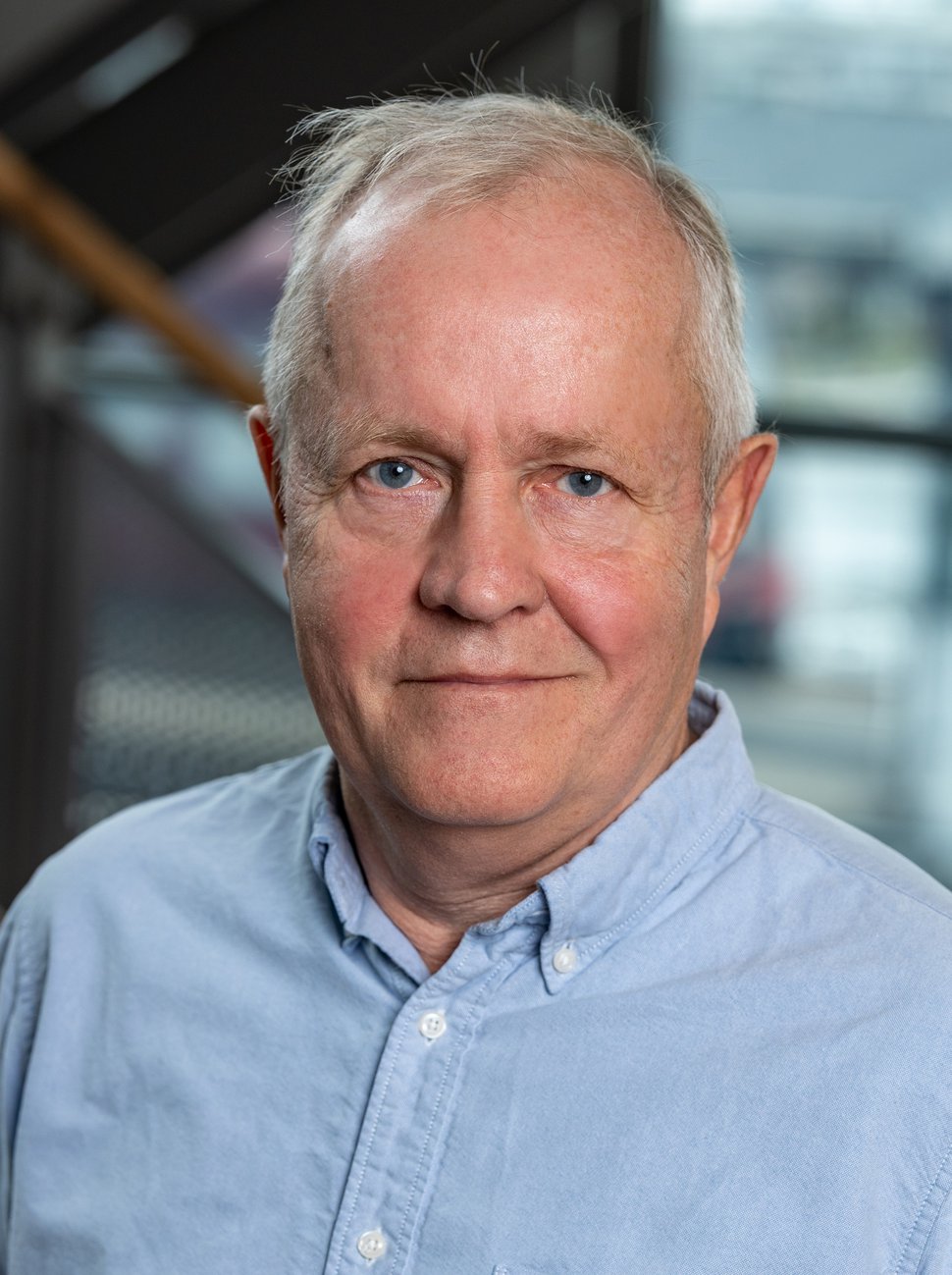Opinion
A faltering process: Unpredictable funding undermines the development of ambitious African climate plans
The NDCs lay out each country’s plan to reduce national emissions and adapt to the impacts of climate change. Countries are required to update their plans every fifth year, and the climate summit in Brazil is one of those COPs at which updated and enhanced NDCs are to be presented. However, in a context of geopolitical, financial, and economic upheaval, exemplified by Trump again taking the United States out of the Paris Agreement, there are signs that interest in the NDC process among lower-income African countries is waning. Whereas their demands for additional climate finance were made loud and clear at the Bonn climate meeting in June, these are unlikely to be met by donors, and the submission of updated NDCs is severely behind schedule.
Countries were supposed to submit their updated NDCs by February of this year, but as only a few countries had managed to do that, the deadline was extended to September. As of August, less than three months before COP30, a total of 26 countries submitted updated NDCs in 2025, five of which are from Africa, according to the UN’s NDC Registry. Somalia, Zambia (provisionally) and Zimbabwe submitted their third NDCs, and Kenya and Lesotho, their second. More NDCs are expected to be submitted before COP30, but the limited number is nonetheless notable.
The limited priority given to NDCs in developing countries is not an entirely new phenomenon. A review we conducted last year of NDCs submitted by Sub-Saharan African countries showed that those that have submitted more than one NDC tend to have strengthened their integration of national and sectoral policies, as well as their focus on adaptation. This could indicate a real and increasing commitment. However, we also found a generally limited connection between the country contexts and the content of the NDCs.
For example, the ambition in levels of emission reductions in the NDCs did not reflect the levels of emissions in those countries. Similarly, the share of the scheduled finance mentioned in the NDCs as going into adaptation was not closely related to the vulnerability of the countries concerned.
Various factors can obviously influence the African NDCs, but common trends were difficult to find. Whereas this may not be surprising, given the differences among African countries in terms of history, political systems, priorities and economic development, it raises important questions about the NDCs’ role in these contexts.
How should the limited African priority given to the NDCs be interpreted? A major explanation has to do with finance. Obviously, developing countries consider the availability of finance when they design their NDCs. This helps to explain the role of Sub-Saharan African countries’ NDCs in international climate negotiations, which seems to focus on attracting climate finance rather than committing to implementing climate plans.
The current unpredictability of climate finance further reduces the incentives for developing countries to develop and submit ambitious, implementable NDCs. At the last meeting (COP29) in Baku, it was again agreed to increase climate finance significantly. This increase was already unrealistic before the recent reductions in development assistance that had been decided by several major donors. It now seems completely illusory. With unpredictable aid budgets and several unmet climate finance commitments, the question is whether African countries have any incentive to invest in the further development of their NDCs. How can they plan their mitigation and adaptation initiatives when the availability of funding is so uncertain?
Earlier, a typical response to the uneven quality of developing countries’ NDCs was to focus on making them more comprehensive or to include more indicators. The argument has been that, if the quality of NDCs is not improved, they will not be able to perform their critical role as climate plans and be a basis for extended international climate funding. In fact, it doesn’t help to improve the indicators in NDCs if the funding is not available.
An important element in the Paris Agreement was that it would cover all countries, but it also recognized that the contexts and conditions vary between groups of countries. The challenges faced by African countries differ from those in the wealthier parts of the world, as do the political contexts and processes in these countries. This applies not only to accessing climate finance, but also to the need for various mitigation and adaptation measures. Given that emissions in African countries constitute a minor share of total global emissions, while adaptation is the main challenge for many African countries, their NDCs will obviously serve a different role than in other groups of countries.
It is therefore understandable that African countries may be less inclined to submit ambitious and implementable NDCs in the current international context, where financing is even less predictable than it was just a few years ago, and multilateral cooperation is under pressure. Notably, donors and international investors themselves seem to have used the NDCs to guide their investments to only a limited extent thus far.
The debate over NDCs therefore seems to be developing into the classic difference between the perspectives and interests of donors and developing countries. If that difference is to be bridged, it will be important that the dialogue between the actors reflects African priorities. As already mentioned, African countries have a legitimate interest in climate plans with a strong focus on adaptation. Furthermore, given their low level of emissions, it would be advisable not to focus too narrowly on decarbonization and to pay more attention to a green transition that supports economic growth. NDCs and climate finance must therefore be reoriented accordingly.
_____________________________________________
Ole Winckler Andersen is Senior Analyst at the Danish Institute for International Studies.
Rasmus Hundsbæk Pedersen is Senior Researcher at the Danish Institute for International Studies.


